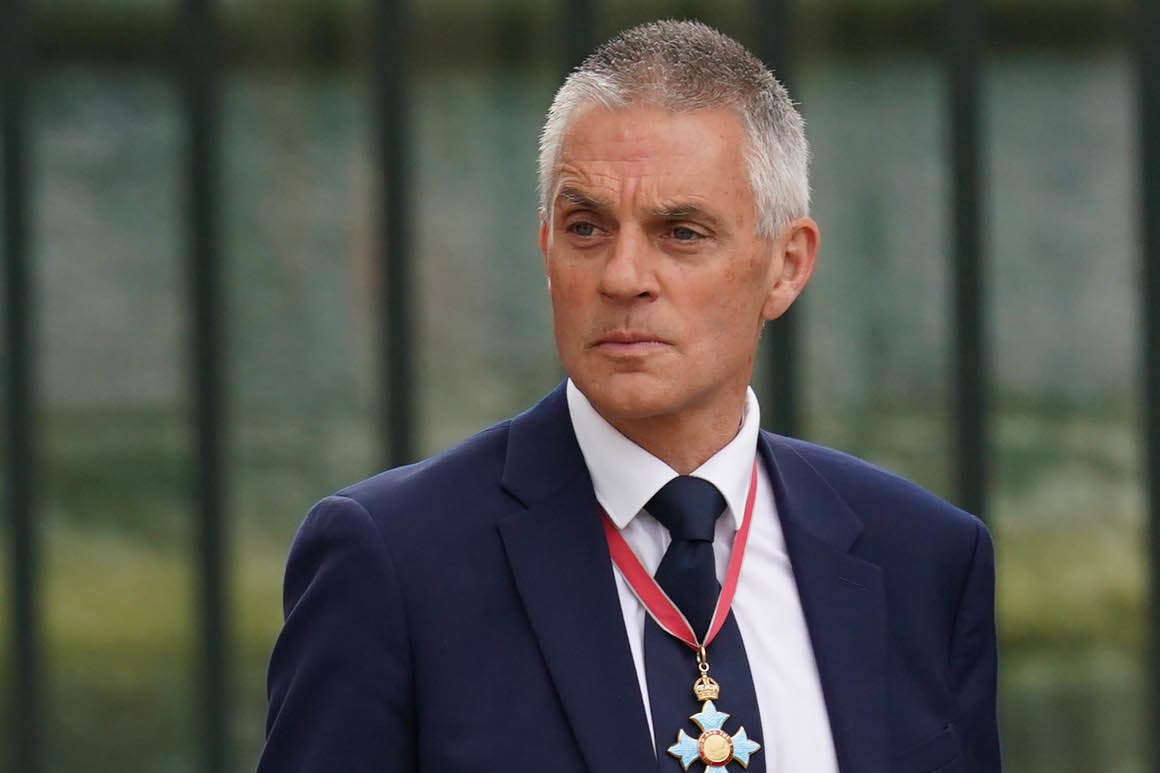BBC could make wealthy pay more for licence fee in radical overhaul
Tim Davie says he is open to a ‘more progressive’ way of funding the corporation as charter renewal looms
The BBC could turn its back on a flat fee and means-test TV licences, with richer households paying more.
Director general Tim Davie said he is open to a “more progressive” way of funding the corporation, as he revealed the “biggest-ever consultation process” on its future.
He told a Royal Television Society (RTS) event in London that the broadcaster is planning to “proactively research” how it will reform the system after its current charter agreement ends in 2027.

A new approach will consider “its scope, how it could be more progressive and making sure its enforcement is fair and proportionate,” he said in a speech.
It follows an article in The Independent on Tuesday in which he agreed with critics that the corporation has no “God-given right to exist”, warning that it must not be defensive, complacent or arrogant. “The BBC can only ever be as important and relevant as the positive impact we have on society,” he wrote.
The licence fee has been frozen for two years at £159 but last year the government announced it would use a lower rate of inflation to set the household charge from April at £169.50 a year, putting Mr Davie under pressure to balance the BBC’s books.
Likely changes include the rebuilding of online services, investing in programmes and raising commercial income. This could include new partnerships with global groups, with the recent deal with Disney over the screening of Doctor Who thought to signal a way forward.
Meanwhile, long-running programmes could be cut and further jobs lost, particularly at TV channels and radio stations.
Mr Davie, who has been in charge of the BBC for four years, said the corporation supported and nurtured democracy while warning of a mounting global challenge with hostile countries investing heavily in technology to spread disinformation.
However, the BBC has been embroiled in several controversies since he took over, including deciding not to call Hamas militants “terrorists” in the wake of the 7 October attacks on Israel, taking Gary Lineker off air briefly last year, and an inquiry finding Martin Bashir had breached editorial conduct in obtaining the 1995 interview with Princess Diana.
Mr Davie said the corporation is “not defensive about the future” and believes it “will need reform”.
“There is no doubt that the market has changed hugely since the licence fee was introduced and I think it is right to ask fundamental questions about its longevity in a world that is now [given] so much choice,” he said in his speech.
“We should not create another commercial walled garden or a narrow BBC that provides a niche service for the most hardcore users. The very wonder of the BBC is that quality news sits next to genres such as drama and sport, thus ensuring widespread engagement. This is a precious ecosystem.”

He noted that those over age 74 who receive pension credit are entitled to apply for a free licence and said he is open to considering who else could receive concessions.
He added: “That doesn’t necessarily imply means-testing, there could be a number of ways you could make it progressive. I just think the idea we’re just sitting where we’re at is the wrong one.”
However, he confirmed he believes a licence fee should still be in place in some capacity as he feels it is important that everyone has a “stake” in it.
“We are curiously really accountable to the British public for that value. And I think that connection is really important and it keeps BBC on its toes in a way which I think is really helpful,” he added.
Earlier this year, the culture secretary Lucy Frazer said the corporation “needs to adapt” to the reforms or risk “losing the trust of the audience it relies on”.
Join our commenting forum
Join thought-provoking conversations, follow other Independent readers and see their replies
Comments